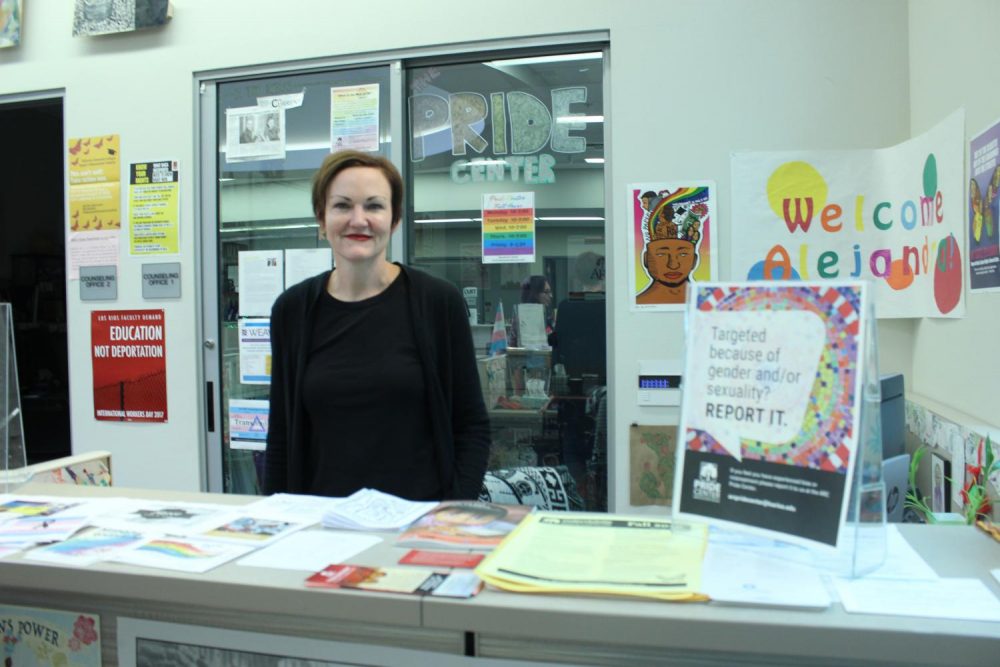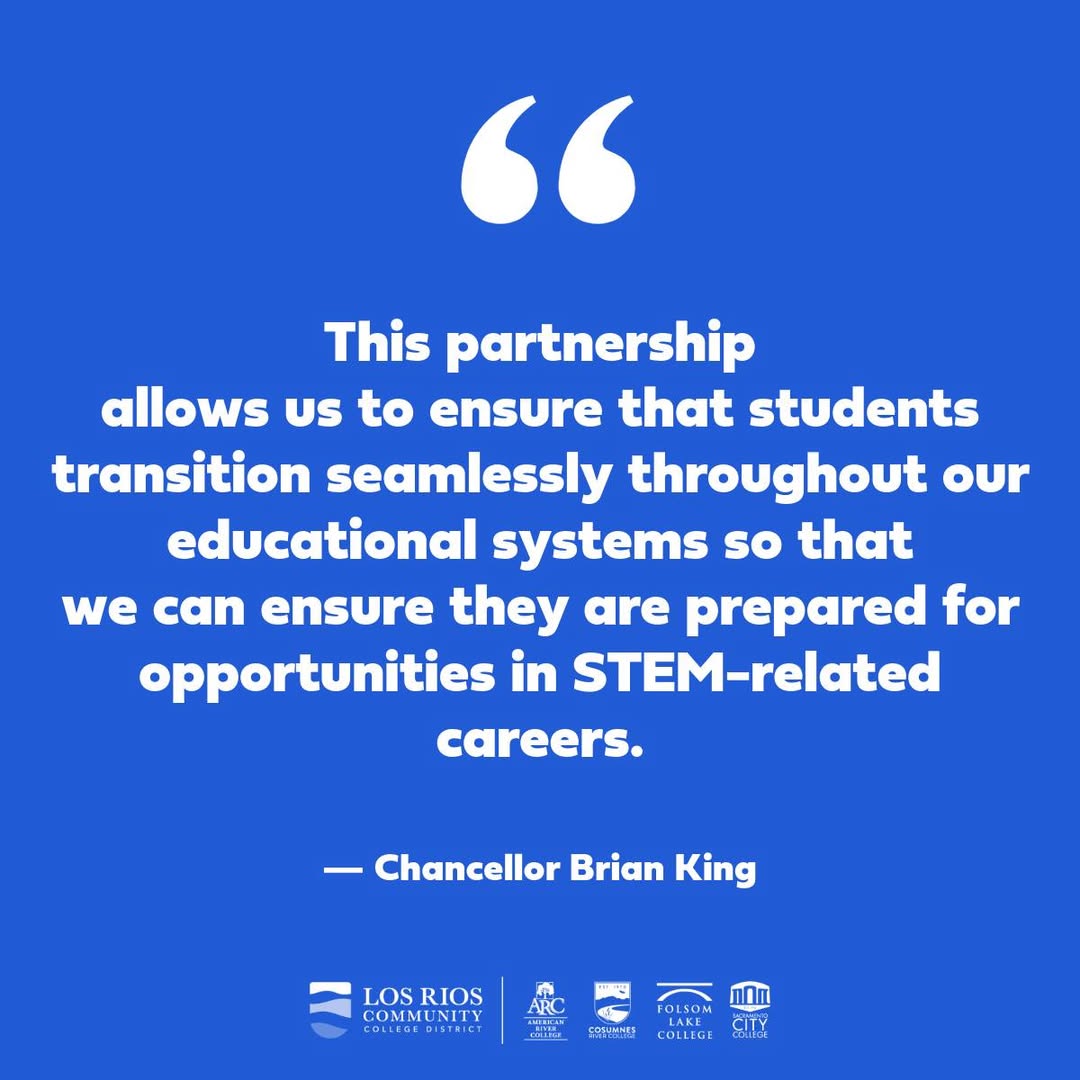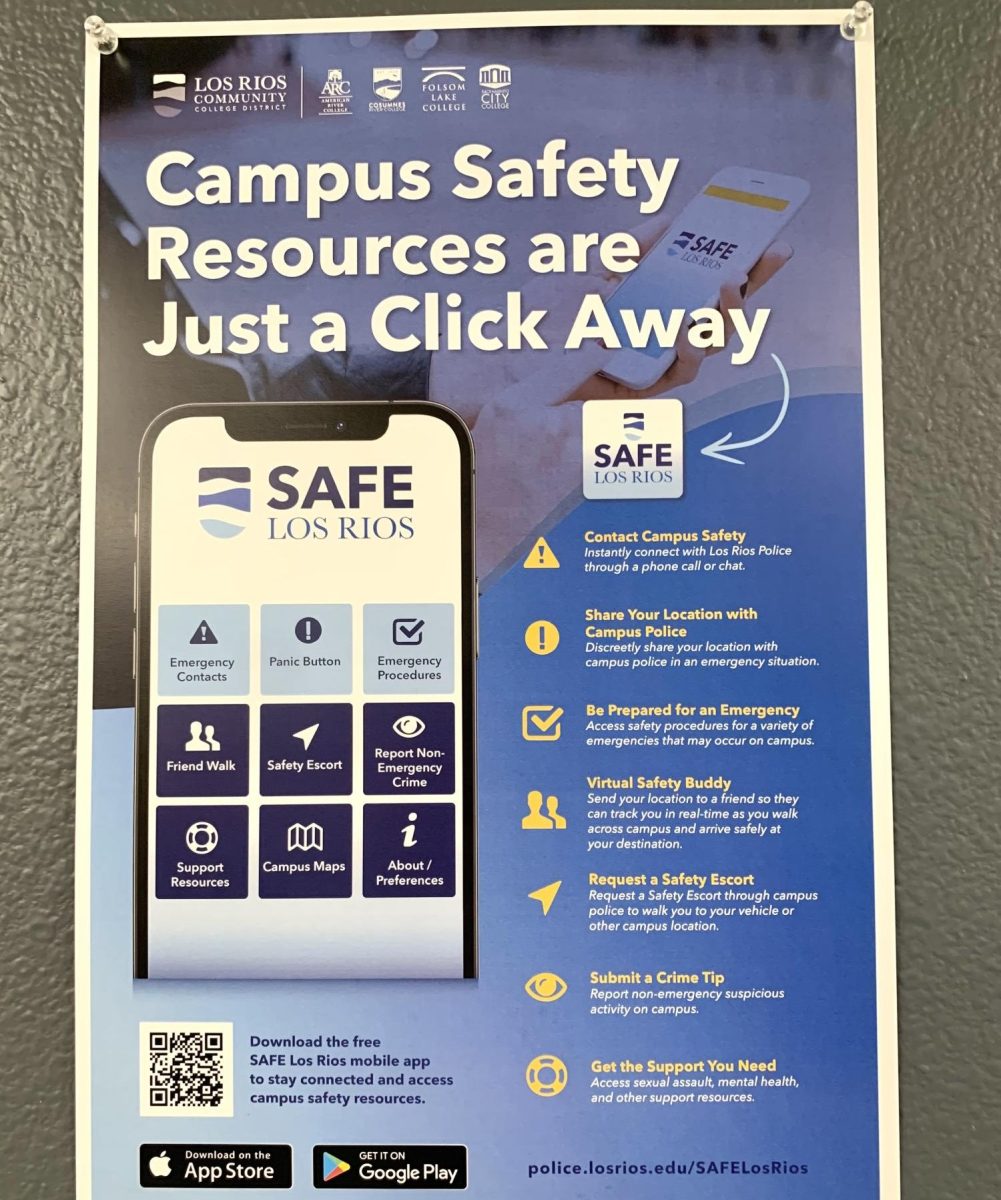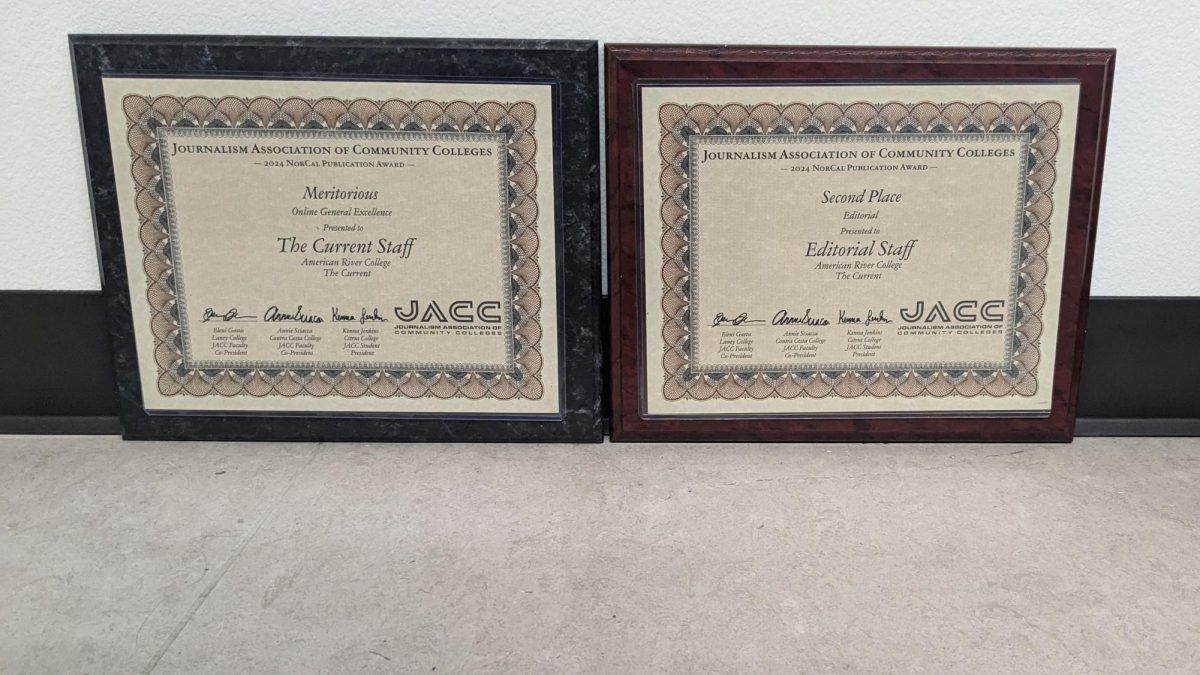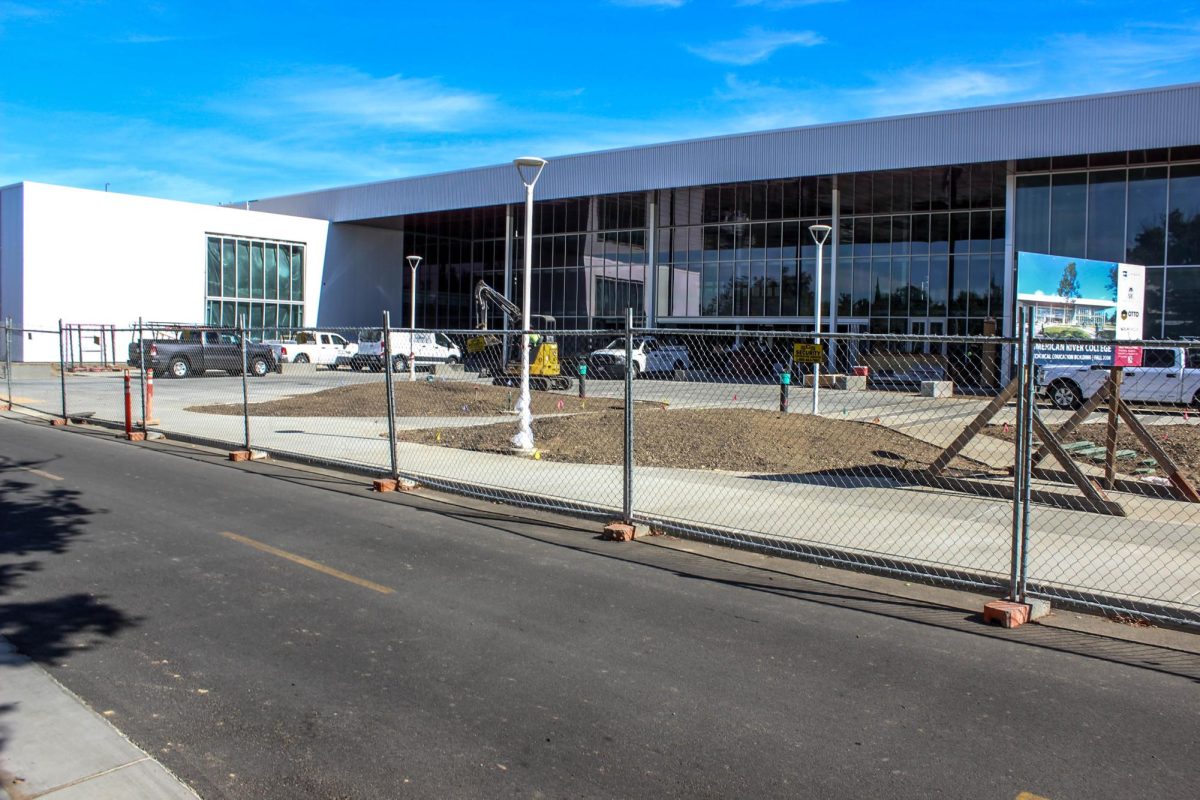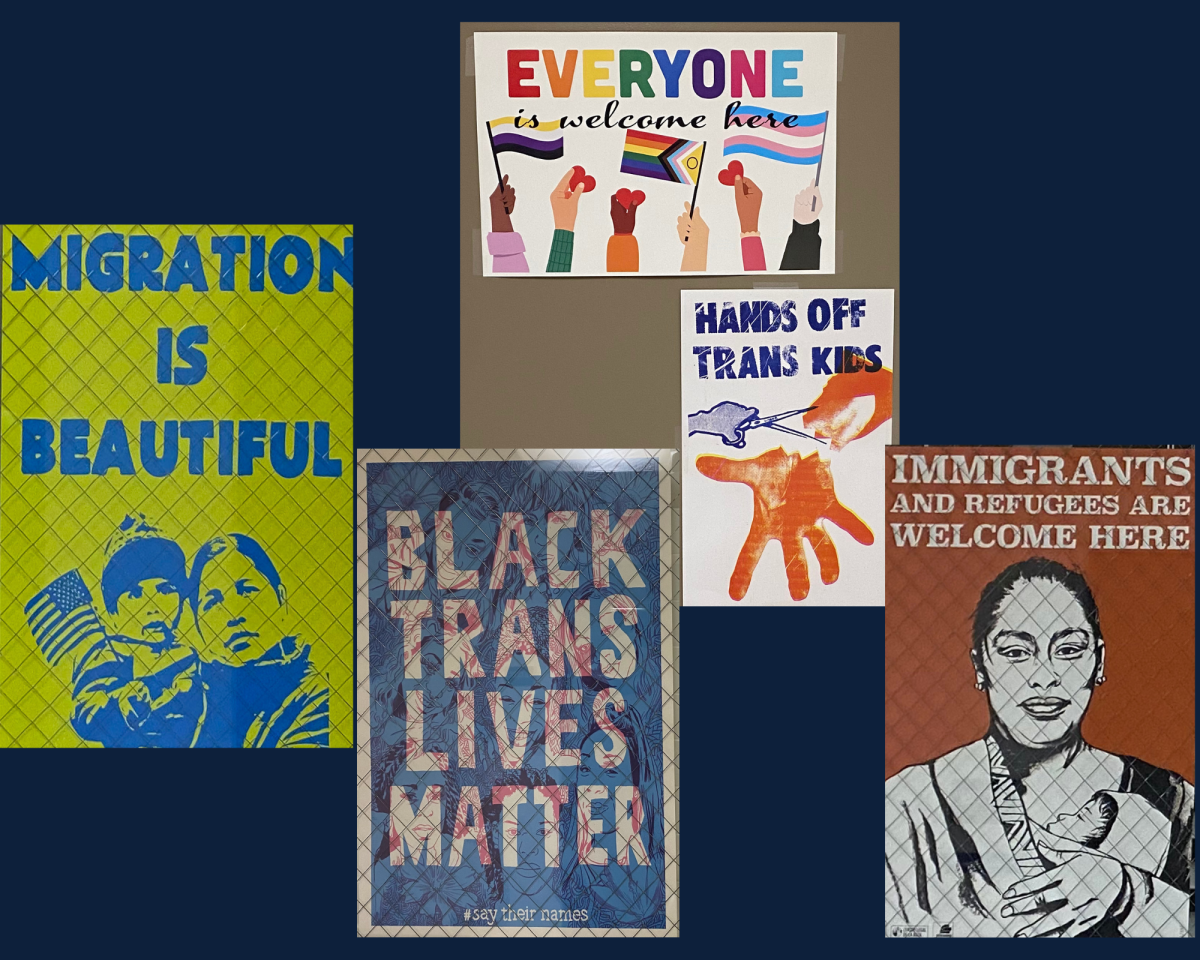This semester, American River College took a step towards more inclusivity for students by opening a staffed Pride Center, along with the designation of an AB620 officer for reports of harassment or mistreatment.
Assembly Bill 620 concerns LGBTQ+ students in higher education. The bill, passed in 2011, covers nondiscrimination and training related to sexual orientation, gender identity and gender expression under the education code.
In the Donahoe Higher Education Act, under Article 3.5: Sexual Orientation and Gender Identity Equity in Higher Education, California colleges are “requested to designate an employee at each of their respective campuses as a point of contact for the needs of lesbian, gay, bisexual, and transgender faculty, staff, and students at the respective campus.”
The purpose of this representative is to advise and advocate for students who are looking to report harassment, find resources, or to indicate their “affirmed name” on eServices.
Emilie Mitchell, professor and coordinator for the Pride Center, is the officer who will take reports for students, along with the Title IX officer.
“I think that having a representative on every campus to address issue(s) related to the LGBTQ+ community is an important step in having the needs of said community addressed,” Mitchell said. “As with anything new – it just takes time to get the word out.”
LGBTQ+ communities and educational institutions have used “preferred name” to describe the name a trans or gender non-conforming student chooses to use.
Mitchell and the Pride Center are working on changing the language used in eServices, the site that students use to access their academic information and courses.
“It is important to understand that being trans is not a preference but a lived experience and deeply rooted identity,” Mitchell wrote in an email to faculty. “For this reason, the use of the term “preferred” when discussing names and pronouns can ultimately be invalidating to a student. Currently, eServices still uses the term “preferred”. The Pride Center is working on getting our systems changed and updated.”
This fall is the first semester that the Pride Center is fully open. Alejandra Fernandez Garcia, a student personnel assistant at the center, says that implementing changes following AB620 guidelines and promoting the center will take time.
“Now that we’re here, just trying to like be a resource to staff and faculty at our campus, let them know what we are producing out of the [Pride Center], and just letting them know that our trainings are available to them,” Fernandez Garcia said. “They are available to come consult with us if they don’t know how to go about a specific situation.”
A representative for students is a part of the center’s plan to fight against academic disadvantages or harassment, according to Fernandez Garcia. There will have to be a system for how to handle reports, and a guide to what steps students should take after reporting.
“We’re trying to get the word out there,” Fernandez Garcia said. “That if students are experiencing these situations and they have not made it over here to like meet with us, or know who we are, there’s also this option available to them if they’re experiencing some type of mistreatment that they can come here and report it to us.”


